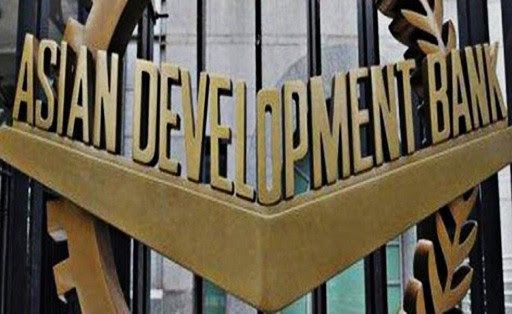Malaysia: Pandemic affects fight against poverty
KUALA LUMPUR: The Covid-19 pandemic has set back the fight against poverty in Asia and the Pacific by at least two years, and many people in the region will likely find it harder than before to escape poverty, according to the Asian Development Bank (ADB), Bernama reported.
In its key Indicators for Asia and Pacific 2022 report released yesterday, ADB noted that the region’s economic growth this year is expected to reduce extreme poverty – defined as living off on less than US$1.90 (RM8.53) a day – to a level that would have been achieved in 2020 had the pandemic not happened.
“Due to lack of available data, it is challenging to predict how the Covid-19 pandemic may have reshaped social mobility.
“However, data simulations showed that people in the region with lower levels of social mobility – the ability to escape poverty – may experience longer-lasting setbacks,” it said.
The report highlighted that the Covid-19 crisis interrupted a long trend of poverty reduction in Asia and the Pacific.
Although economies are recovering, progress is uneven as the pandemic may also have worsened forms of poverty beyond income, such as food insecurity and inadequate access to health services and education, according to the report.
Among developing Asian economies with available data, the report said about 69% had less equitable distribution of economic prospects than what the level of income inequality prior to the Covid-19 pandemic implied.
This suggests that even before the pandemic, the magnitude of long-term disparities between the poor and non-poor was greater than the level of income inequality shown in many parts of the region.
ADB chief economist Albert Park noted that the poor and the vulnerable have been hit hardest by Covid-19, and while economies are recovering, many people may find that getting out of poverty is even more difficult than before.
“Governments in the region should focus on resilience, innovation, and inclusiveness to provide more balanced economic opportunities and greater social mobility for everyone,” he said.
By 2030, the report said the prevalence of extreme poverty in the region is expected to drop below 1% and at the same time, about 25% of the population is projected to achieve at least middle-class status, defined as having income or consumption of US$15 (RM67.31) or more a day, adjusted for purchasing power parity.
“However, this outlook is threatened by differences in social mobility as well as other uncertainties.
“Developing Asia faces the potential for stagflation, ongoing conflicts involving key global actors, increased food insecurity and energy price shocks,” said the report.
It noted that assuming that societies with higher levels of social mobility prior to the Covid-19 pandemic can more easily revert to their former poverty reduction paths, the pandemic may have longer-term consequences that are yet unknown.
“For instance, the full implications of learning losses caused by school closures on future lifetime earnings and social mobility prospects may not be known for some decades,” the bank said.
ADB is committed to achieving a prosperous, inclusive and sustainable Asia and the Pacific, while sustaining its efforts to eradicate extreme poverty. Established in 1966, it is owned by 68 members – 49 from the region.
Source: https://www.thestar.com.my/business/business-news/2022/08/25/pandemic-affects-fight-against-poverty


 English
English




